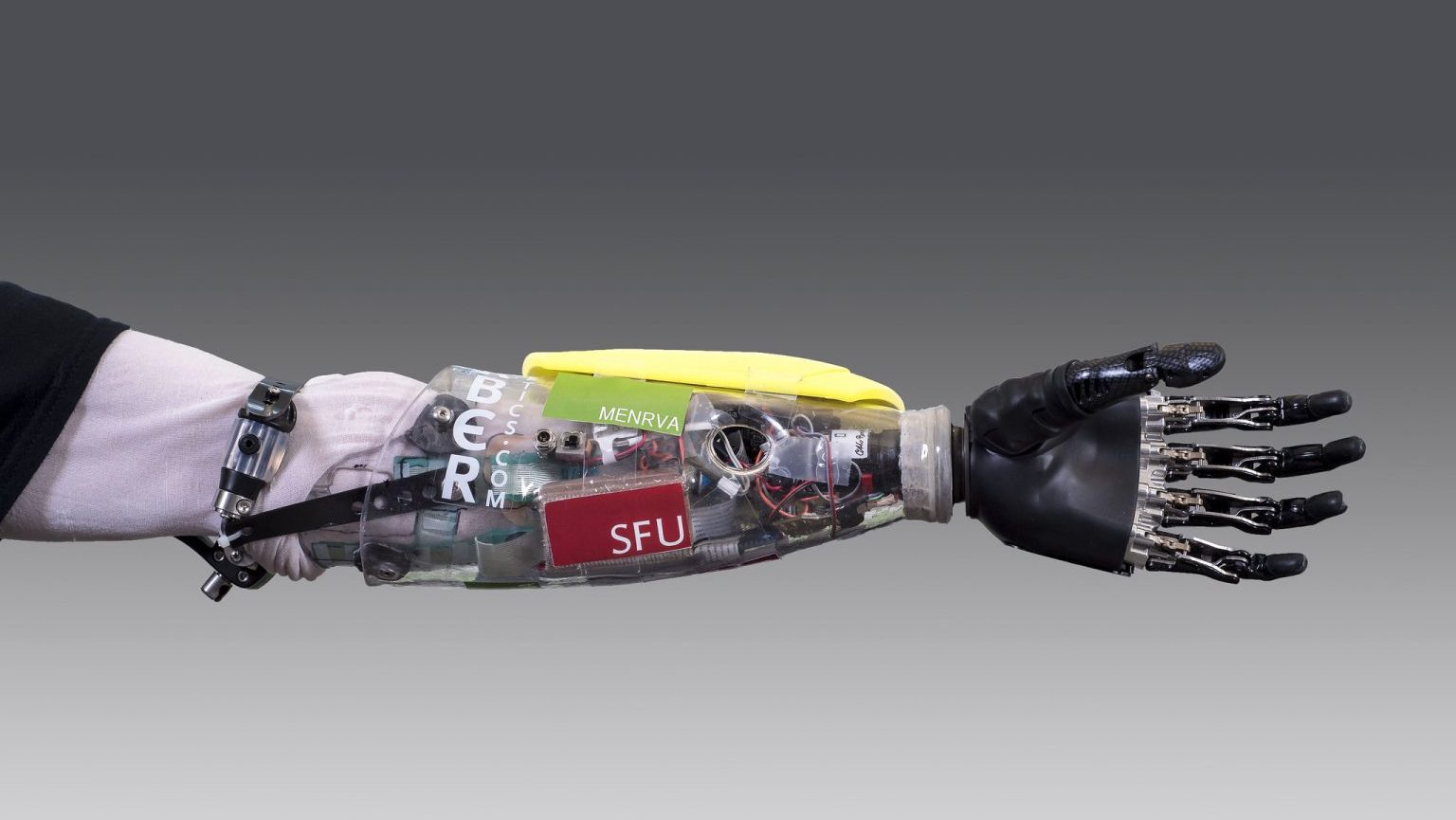If we pull off our plan to “train and transfer” and win over some Taliban recruits by giving them a share of the government, the outcome will be a “very disturbed, hard-to-manage country.”
Question: How is President Obama’s approach to Afghanistan faring so far?
Jim Hoge: School is still out. We don’t really know. If you are basing it just on the evidence at the moment you’d have to say not very well. What are we trying to do now? In my opinion this is not spoken in administration policy, but in my opinion what we’re trying to do there is to train and transfer, are the two key words. Train up Afghan security forces, police and army to a sufficient degree where they can take over the security assignment for the country and then transfer, transfer one piece of Afghan after another to the new Afghan forces and at some point say we’ve done enough, it’s now you’re problem, we’ve transferred most of it to you and we’re leaving. Can we make that work? I have to be skeptical, but that is what I think we’re trying to do. I’m skeptical for several reasons. First of all the Taliban is once again a major force and the Taliban wants a whole different kind of society than an awful lot of Afghanis want and certainly that we want and the second thing is the security forces that we are training and increasing in terms of numbers are not very reliable at this point. If they don’t become more reliable it’s very difficult to transfer to them a big city like Kandahar or Kabul and then the other problem is regionally. Their neighbors have different attitudes about what ought to happen in Afghanistan. Pakistan wants to keep it as a sort of vassal state of potential use in some sort of conflict with India, so they are at the same time that they are in some ways cooperating with us in trying to contain and then eradicate if you will the Afghan Taliban they are quietly under the table supporting… I mean the Pakistan Taliban; they are under the table supporting the Afghan Taliban.
It gets complicated, but what it means is that we have an ally in this situation that has two strategies they’re following. One is to cooperate with us and the other is to cooperate with the Taliban in this country that they want to keep as a vassal. That makes it very, very difficult to have a political future that looks manageable. Right now at the moment the central government if you will, the national government of Afghanistan controls the capital and a few regions around it and that is it. The rest of the country is either in warlord control or Taliban control or in nobody’s control. Now we also I think are essentially admitting that we cannot pacify the whole country and we can’t even transfer the whole country. We’re essentially saying to the Afghan government we’ll train up troops and we’ll put them in huge population areas. The rest of the country, the mountainous areas and so on that’s more than we can handle and maybe it’s more than you can handle. So at best if we were to be able to pull this off train and transfer and win over some recruits from the Taliban by giving them a share of the government the best you’re going to have is a very disturbed hard to manage mountainous country that is potentially in affliction from time to time to its neighbors. The one thing that we have to try and make sure doesn’t happen is that international terrorist groups like Al-Qaeda can use it again as a base for training, for strategy, for planning major events like 9/11. If we can do that with whatever government is there by the time we’re ready to leave and with the security forces, Afghan security forces that are in place that is about the best that I think we can expect.
Recorded May 28, 2010
Interviewed by Jessica Liebman





